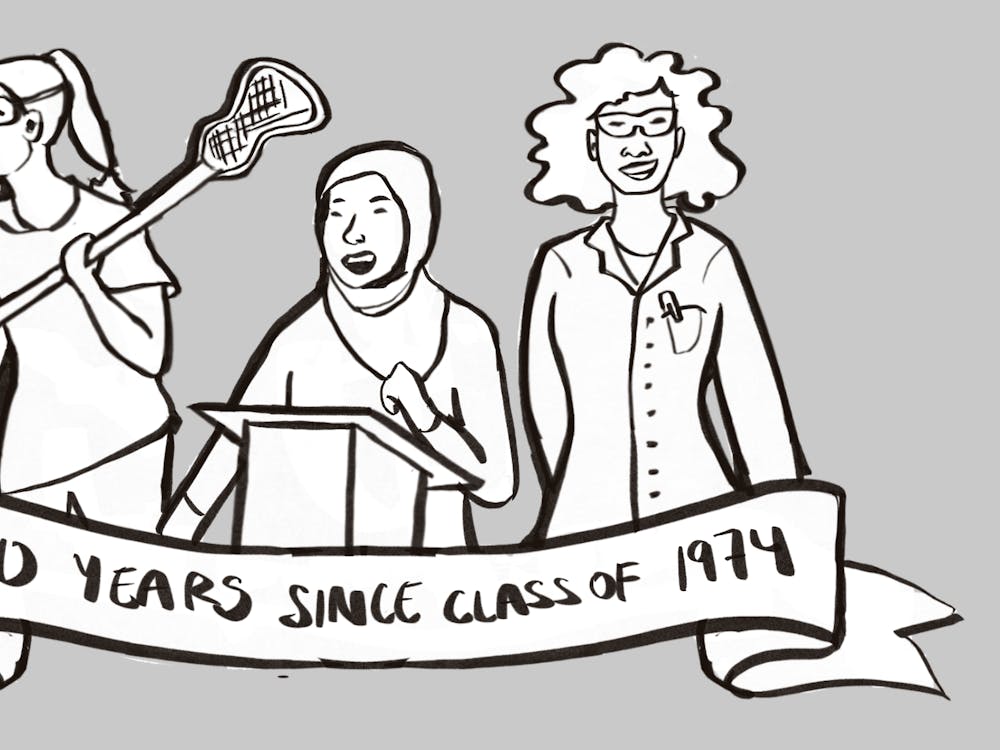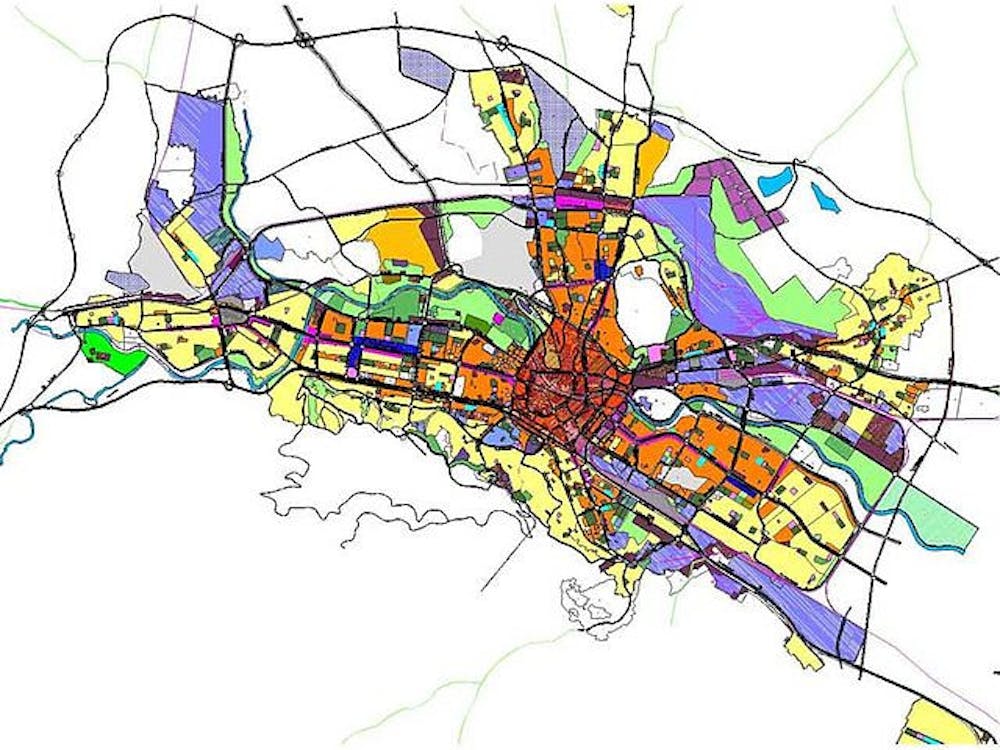When some students hear the word “college,” they perk up and think about the fascinating classes they are taking, the lifelong friends they are making and the exciting freedoms that come with living away from home. Others might cringe and recoil upon hearing this word.
These people, whose reactions seem more suited to a reference to a natural disaster, have created and perpetuated a culture that hinges upon and inflates the less desirable aspects of college. They are the both the creators and the victims of apathetic college culture.
Before I continue, I must mention that I am not writing this to condemn people who speak in ill will about college. Quite honestly, college is really just a magnified version of any school. We are essentially full-time students but without pay. Instead, we pay to learn. The majority of us even live where we learn.
Sometimes such an immersive experience is for the better, and sometimes we just become sick of it. Nevertheless, some of the more undesirable aspects of the college experience have equated college with apathy.
We need to confront apathetic college culture, in part because it negatively affects freshmen at the beginning of their college experience. They are told, time and time again, that they will pull tons of all-nighters, will be able to afford nothing but ramen and will end the year with “x” number of blackouts.
I’m not saying that these experiences do not occur, but this kind of talk gives newly minted college students the excuse to completely disregard their welfare.
Moreover, many think their college experience would be incomplete without these bouts of messiness. When we instill these negative ideas in students at the beginning of college, they are likely to hold onto them for all four years.
The countless jokes that have emerged from apathetic college culture make both college students and administrations liable. College students who complain about their lives, whether within reason or with an air of exaggeration, often do so without thinking about how to fix their issues. Why am I so tired? Why do I lack motivation? Whether the reasons are minor or serious, by talking offhandedly and not considering the real roots of their problems, students let them fester.
In fact, college apathy can best be compared to a widespread, often-dismissed case of a disease that simply worsens and spreads. It has even made itself at home in mainstream media away from college campuses, where high school students fear that they will be nothing more than a piece of paper with their name on it and thousands upon thousands of dollars in debt.
Many adults try to discount the veracity of college apathy by saying that college students are apathetic simply because they are teenagers. However, many of us were motivated enough to get into college by getting good grades in high school and participating in extracurricular activities. Hence, the root of this apathy seems to start and end at the university level.
That is why we cannot exclusively blame this universally accepted college culture on college students. College administrations and parents who do not listen to the complaints and concerns of college students only exacerbate already-existing problems. Furthermore, some of the most pressing problems that come with college, including student loans and academic insecurity, are often issues that cannot simply be resolved by and among young adults.
Our government cares far too little about how much people must sacrifice to get a higher education. College administrations oftentimes disregard student well-being in favor of sometimes unreasonable workloads and demands. This only furthers the sense of apathy that college students feel. We feel as if nobody, even the institutions that claim to have our backs, will listen.
Although I would like to end on a positive note, I am afraid I can only end on an urgent one. The effects of collegiate apathy extend far beyond campus walls. If we don’t address the issue now, administrations will continue to ignore this critical issue confronting universities.
College students will continue to neglect to take care of themselves and have the potential to hurt their futures badly. Both college students and people in authority positions have convincing reasons to improve the college experience.
Alex Silberzweig is a freshman economics major from New York.






















Please note All comments are eligible for publication in The News-Letter.